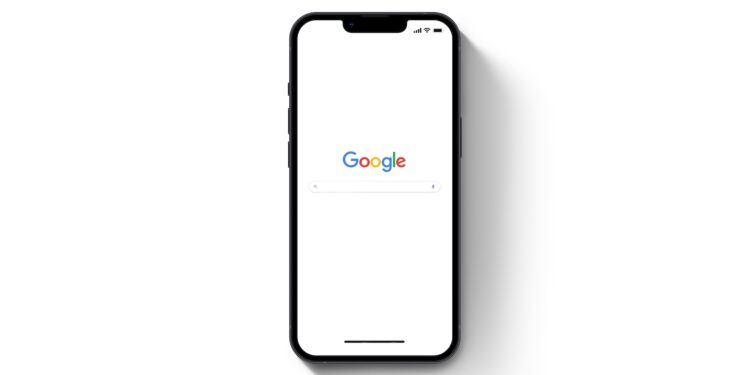What happens when a top Apple executive declares in court that users are increasingly searching less on Google? The markets react immediately – and so does Google. Eddy Cue, Apple's Senior Vice President, testified that Safari search usage declined for the first time in April 2025. Many saw this as a sign of a shift to AI-powered tools like ChatGPT. The result: Google's share price plummeted by around 8%. But Google publicly contradicts this – and cites completely different figures.
Apple versus Google – or rather, strategic statements versus official figures. The focus is on the question of how much power Google really still has on Apple devices. Eddy Cue questions Google's dominance, and Google disagrees. At the same time, a lucrative deal is under scrutiny. What's the truth behind the claim that Apple users are searching less? And what's really behind this exchange?
What Eddy Cue said in court
Eddy Cue appeared as a witness in a court case concerning whether the multi-billion dollar search deal between Apple and Google constitutes an anti-competitive monopoly. During his testimony, Cue explained that the use of Google Search via Safari declined for the first time in April 2025. He suggested that many users are turning to AI alternatives like ChatGPT instead. The goal of the testimony was clear: If fewer users use Google, the company loses dominance – and the deal appears less critical. This deal is extremely lucrative for Apple, as Google pays tens of billions every year to be listed as the default search engine in Safari. If a court were to classify the deal as monopolistic, this source of revenue would be at risk.
Google publicly contradicts
Shortly after Cue's statement, Google published a blog post outlining the situation from the company's perspective. It states that overall searches continue to rise – including on Apple devices. Here's an excerpt from the official statement :
We continue to see growth in overall searches. This includes an increase in total searches coming from Apple devices and platforms. As we expand Search with new features, people are realizing that Google Search is useful for more and more of their searches—and they're accessing it for new things and in new ways, whether through the browser or the Google app, with their voice or Google Lens. We're excited to continue this innovation and will share more about it at Google I/O.
Google emphasizes that search usage is increasing through other channels, such as the Google app, voice search, or Google Lens. Even if Safari weakens as a channel, this could be more than offset by other platforms.
What exactly is the point of contention now?
Cue's core statement refers to Safari—Google's statement, on the other hand, refers to Apple devices in general. It's therefore quite possible that both statements are correct in their own way. While usage via Safari is declining, it's increasing via other channels. The discrepancy lies in the details: Cue spoke very specifically about Safari, while Google responded with a broader view of the bigger picture. Context is important: Cue made the statement as part of a process reviewing the Google-Apple deal. If Apple can credibly demonstrate that Google's influence is declining, the deal becomes less problematic—and more likely to remain in place.
Apple plans alternatives to Google Search
It's also interesting that Cue announced in the same breath that Apple plans to integrate additional AI search providers such as Anthropic and Perplexity into Safari in the future. This would be a major step, as Google has largely been the only alternative on Apple devices. This could both reduce political pressure and strengthen competition – at least formally. Whether users would actually turn away from Google is another question.
Apple questions, Google counters with numbers
The debate about Google's position on Apple devices is more than just a dispute over market share. It's about billions, regulation, and the influence of AI on our search behavior. Cue aims to show that Apple users have long since turned to alternatives, while Google presents figures that claim to prove the opposite. Ultimately, one thing is clear: the search market remains fluid. And whether you search via Safari, an app, or your voice, Google remains (still) the central player. The only question is how long that will last. (Image: Shutterstock / Diego Thomazini)
- Apple's Eddy Cue: AI could soon make iPhones obsolete
- Apple wants to suspend new App Store rules for the time being
- Google threatened with breakup: Court examines radical steps
- Apple plans to integrate AI search directly into Safari





